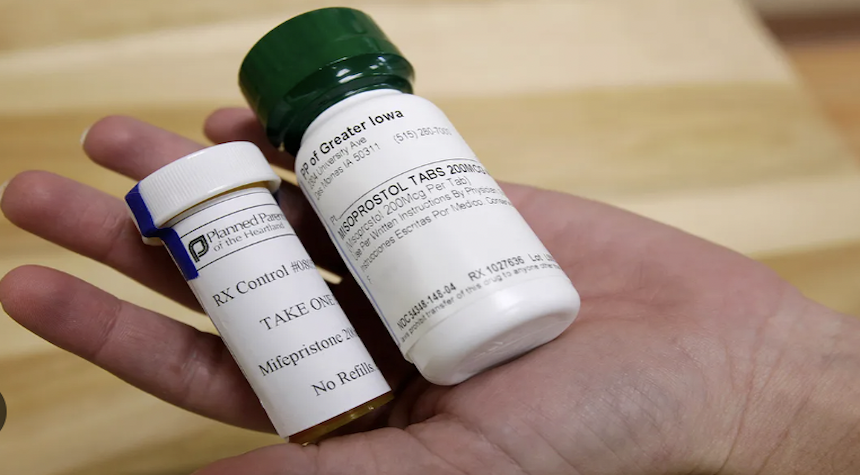A first-of-its-kind bill to designate two abortion medicines as “controlled and dangerous substances” was finally passed by the Louisiana State Legislature on Thursday. The Republican governor of the state, Jeff Landry, will now review the bill and is anticipated to sign it into law.
Proponents of reclassifying Misoprostol and Mifepristone also referred to as “abortion pills,” argue that doing so would shield expectant mothers from being forced to have an abortion. Meanwhile, several medical professionals have expressed concern that it may delay treatment and make it more difficult for them to prescribe the medications they require for other critical reproductive health care needs.
The bill was passed while proponents of abortion rights and opponents of abortion are awaiting the U.S. Supreme Court’s ultimate ruling on a move to limit access to Mifepristone. On the day that the arguments were heard, the judges did not seem prepared to restrict access to the medication.
The effort by the GOP-dominated Legislature to categorize misoprostol and mifepristone may pave the way for other Republican states that forbid abortions to seek stronger regulations on the medications. Currently, both surgical and medical abortions are prohibited in Louisiana, with the ban being almost complete.

A few medical professionals in the state are worried that the new rule may make it harder for them to recommend the medication for other uses:
In a letter to lawmakers, more than 200 medical professionals in the state expressed concern that it may create a “barrier to physicians’ ease of prescribing appropriate treatment” and unnecessarily instill fear and confusion in the minds of both patients and physicians. In a state with one of the highest rates of maternal death in the nation, the doctors caution that delaying getting the medications could have a negative impact on the situation.
Mifepristone and Misoprostol are two medications that are not just used to induce abortions. Mifepristone, sometimes referred to as RU-486, is also used as “emergency” contraception and to treat Cushing’s syndrome. Misoprostol is used to help with postpartum hemorrhage, induce labor, and prevent ulcers.

One of the states with the strictest laws regarding abortion is Louisiana:
Both medicinal and surgical abortions are prohibited in Louisiana, where there is an almost complete ban on the procedure. The only times the prohibition is not followed are when the woman would be seriously injured or killed if she carried on with the pregnancy, or in “medically futile” pregnancies where the fetus has a fatal defect.
The federal government does not list any of the medications as restricted substances. The federal government has typically used that label for opioids and other medications that have a high potential for addiction.
Arguments in favor and against the FDA’s relaxation of mifepristone regulations, which included doing away with the need for in-person doctor visits prior to medication prescription, were considered by the U.S. Supreme Court in March. Although the Court has not yet made a decision on the matter, several observers believed the Court was leaning toward declining to reverse the FDA’s medication approval decision at the federal level.


